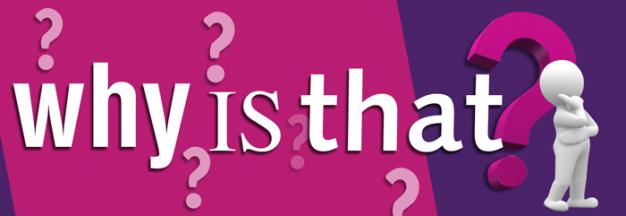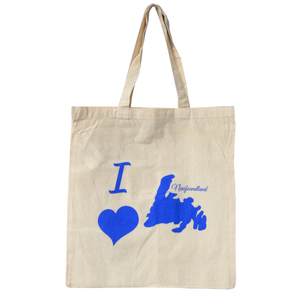Where does the expression “make ends meet” come from?
by Linda Browne
From gas to groceries to, well, pretty much everything – being alive is an expensive endeavour these days! And while some may be feeling the financial pinch more than others, most would likely agree that the ability to “make ends meet” is becoming increasingly trickier given the current economic circumstances. But where does this particular saying come from, and what “ends” are we talking about exactly?
While we understand that to “make ends meet” means having enough money to get by, like so many other familiar phrases, its origins aren’t completely clear. Though there are a few theories. To start, we reached out to the UK-based Economic History Society, who told Downhome that they’ve seen a number of explanations “from something to do with [a] Church of England clergyman in 1662, to rope handling in shipping, to tailoring or dressmaking.”
The dressmaking theory is one that seems to have gained traction over the years. In the 2001 book Common Phrases and Where They Come From, Myron Korach and John Mordock write that the phrase evolved from dressing a “well-heeled lady” in the 18th and 19th centuries. Describing the tedious process, they state that a fashionable woman “often required assistance in pulling together the two ends of her corset and then buckling it when both ends met. Her dress would not hang properly unless a helper, generally her maligned husband, had hooked together numerous latchets and hooks and eyes, all of which required tedious and cautious pulling to ‘make the ends meet.’” Even their footwear, the writers add, “were equipped with leather thongs, the ends of which had to be brought together before they could be buckled. From all this strenuous effort of pulling corsets, dresses and shoes together came the phrase ‘making ends meet.’”
So how did this phrase come to be connected with financial hardship? Korach and Mordock note that “as the cost of her ensemble increased and the difficulty in putting it together diminished, ‘making ends meet’ came to refer to the financial ordeal connected with gathering the funds necessary to dress a lady properly.”
To dig deeper, we reached out to blogger Pascal Tréguer of “Word Histories” (WordHistories.net). He regularly uncovers the stories behind words and phrases while “trying to expose the falseness of many etymologies flourishing in books and on the internet,” he writes online. In a previous post, Tréguer examined the origin of the phrase “to make [both] ends meet,” and with his permission, we’re sharing some of his findings here.
The phrase, he notes, was first recorded in The History of the Worthies of England (1662) by Thomas Fuller, a clergyman in the Church of England, while writing about English Protestant leader Edmund Grindal: “Being really blind more with grief then age (dying at sixty-four), he was willing ‘to put off his clothes’ before he ‘went to bed,’ and in his life time to resigne his place to Doctor Whitgiff… Worldly wealth he cared not for, desiring onely to ‘make both ends meet’; and as for that little that ‘lapped over,’ he gave it to pious uses…” (Tréguer notes that “in the original text, to put off his clothes and went to bed on the one hand, make both ends meet and lapped over on the other hand, are in italics because Fuller is quoting existing idioms.”)
There are a couple of possible explanations for the origins of this phrase, Tréguer says, the first being that it comes from dressmaking or tailoring “and refers to the amount of material needed to make a piece of clothing reach round the body, so that its two ends meet. This is what Thomas Fuller seemed to imply with ‘that little that lapped over…’” Another mention of this phrase in A New Dictionary of the Terms Ancient and Modern of the Canting Crew (1699), compiled by an individual simply known as B. E. Gent., Tréguer says, also adds credence to this theory: “Tis good to make both Ends meet, or to cut your Coat according to your Cloth.”
Another explanation is that the phrase comes from the world of finance, or more specifically, “to keep one’s finances, income and expenditure, in balance throughout the year,” Tréguer writes. He notes a connection to the French expression joindre les deux bouts, which means “to join both ends,” which Tréguer adds “used to end with de l’année, ‘of the year.’” He also notes an English example from The Adventures of Roderick Random (1748) by Tobias George Smollett: “This facetious person was a school-master, whose income being small, he was fain to keep a glass of good liquor for the entertainment of passengers, by which means he made shift to make the two ends of the year meet.”
Tréguer adds that these two explanations “are not mutually exclusive.”
“The two earliest attestations seem to indicate that the original image was the amount of cloth necessary to make a garment reach round the body, while the later uses seem to show that the phrase was reinterpreted as referring to bookkeeping.”










